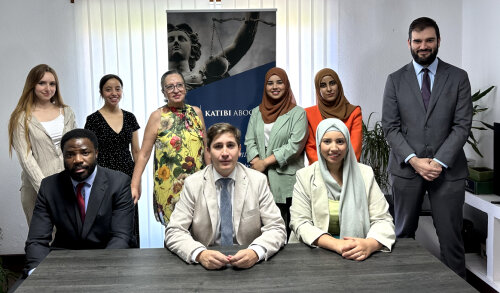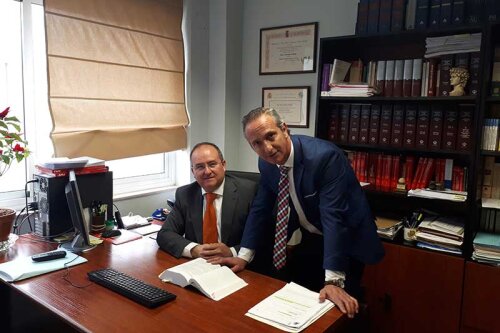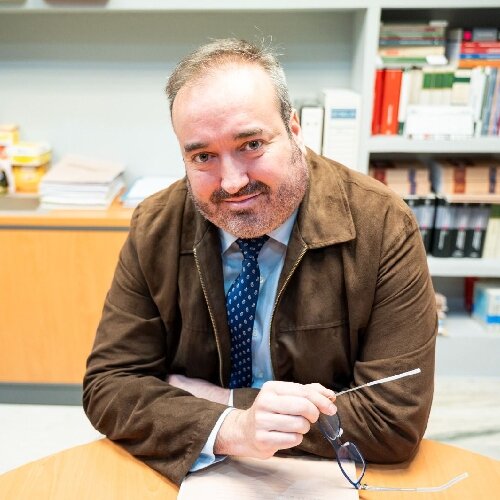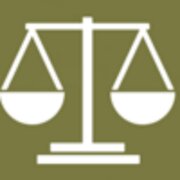Best Child Abuse Lawyers in Cáceres
Share your needs with us, get contacted by law firms.
Free. Takes 2 min.
Free Guide to Hiring a Family Lawyer
List of the best lawyers in Cáceres, Spain
About Child Abuse Law in Cáceres, Spain
Child abuse is a serious crime under Spanish law, including in Cáceres, a province within the autonomous community of Extremadura. Child abuse is defined as any action or omission that causes physical, psychological, or emotional harm to a minor. This includes physical violence, emotional abuse, sexual exploitation, neglect, and exposure to dangerous environments. Spain has made significant efforts to protect children's rights and to actively prosecute cases of abuse, following both national and international guidelines such as the United Nations Convention on the Rights of the Child. In Cáceres, local authorities work alongside national entities to prevent abuse, intervene in at-risk situations, and ensure legal protection for minors.
Why You May Need a Lawyer
If you are facing a situation involving child abuse, whether as a victim, family member, accused individual, or concerned third party, seeking legal guidance is crucial. Legal assistance can help you:
- Understand the legal rights of the child and responsible adults
- Initiate reporting procedures for suspected cases of abuse
- Navigate criminal charges or defend against wrongful accusations
- Obtain protective measures for the child, such as restraining orders or temporary custody changes
- Participate in family court proceedings if abuse leads to custody or visitation disputes
- Handle cases of institutional abuse in schools, foster care, or social services
- Ensure compliance with administrative procedures and legal obligations
- Negotiate with social services and law enforcement for the best interests of the child
Local Laws Overview
Cáceres operates under Spanish national laws on child protection, specifically the Organic Law on the Legal Protection of Minors and the Criminal Code of Spain. There are also regional protocols in Extremadura for preventing, detecting, and responding to child abuse. Key aspects of the law include:
- Mandatory Reporting: Professionals and any citizen who suspects child abuse must report it to the appropriate authorities immediately.
- Types of Abuse Recognized: Law recognizes physical, sexual, psychological, and neglect-based abuse.
- Protective Measures: Courts can grant protection orders, temporary custody, and intervention by social services.
- Criminal Penalties: Perpetrators of child abuse can face imprisonment, fines, and loss of parental rights.
- Victim Support: Victims are entitled to psychological, medical, social, and legal assistance.
- Confidentiality: The identity of the child and those reporting abuse is protected by law, except where legal processes require disclosure.
Frequently Asked Questions
What constitutes child abuse under Spanish law?
Child abuse includes physical harm, emotional or psychological injury, sexual exploitation, and neglect that affects a child's well-being or development.
Who is required to report suspected child abuse in Cáceres?
Any citizen - especially professionals such as teachers, doctors, and social workers - is legally obligated to report suspected child abuse to authorities.
What should I do if I suspect a child is being abused?
Contact local law enforcement, social services, or the child protection helpline immediately. Quick reporting can prevent additional harm.
What happens after abuse is reported?
Authorities will investigate, assess the child's safety, and may take steps such as removing the child from the harmful environment and providing support.
Can a child’s family member be charged with abuse?
Yes, Spanish law does not differentiate by relationship. Family members, including parents, can be investigated and prosecuted for abuse.
Are there time limits for reporting and prosecuting child abuse?
There are statutes of limitations for prosecuting child abuse, but recent legal reforms have extended these periods, especially for sexual abuse cases.
What support is available to victims and families?
Victims can access legal, psychological, and social support through local and national government agencies, as well as designated NGOs.
Can alleged abusers be removed from the family home?
Yes, courts can issue restraining orders and temporarily remove the alleged abuser from the home to protect the child.
What are the penalties for child abuse?
Penalties may include fines, imprisonment, loss of custody or parental rights, and mandatory treatment or rehabilitation programs.
Do legal proceedings protect the child’s privacy?
Yes, legal processes prioritize the child's privacy and welfare, with hearings often held in private and identities protected from public disclosure.
Additional Resources
If you need further support or want to learn more about child abuse laws and protective measures in Cáceres, you can contact these organizations and governmental bodies:
- Servicio de Protección a la Infancia de Cáceres (Child Protection Service of Cáceres)
- Juzgado de Familia (Family Court) in Cáceres
- Policía Local y Guardia Civil (Local Police and Civil Guard)
- Instituto de la Mujer de Extremadura
- Ayuntamiento de Cáceres - Servicios Sociales
- ANAR Foundation (Child Help and Reporting Hotline)
- Spanish Red Cross (Cruz Roja Española) - Child and Family Programs
- Defensor del Menor (Children’s Ombudsman) in Extremadura
Next Steps
If you or someone you know is affected by child abuse in Cáceres, take immediate steps to secure safety and legal protection:
- Report suspected abuse to local police, social services, or the child protection hotline as soon as possible
- Contact a lawyer experienced in family and child protection law to receive personalized advice and representation
- Gather any evidence (such as documents, photographs, or witness testimony) that may support your case
- Cooperate fully with investigating authorities while protecting the well-being and privacy of the child involved
- Seek psychological and social support for the child and family members through local services
- Follow all legal recommendations and attend court or administrative hearings as required
Taking these steps ensures the best possible outcome for the child's safety and well-being, and helps uphold the rights of all parties involved under Spanish law.
Lawzana helps you find the best lawyers and law firms in Cáceres through a curated and pre-screened list of qualified legal professionals. Our platform offers rankings and detailed profiles of attorneys and law firms, allowing you to compare based on practice areas, including Child Abuse, experience, and client feedback.
Each profile includes a description of the firm's areas of practice, client reviews, team members and partners, year of establishment, spoken languages, office locations, contact information, social media presence, and any published articles or resources. Most firms on our platform speak English and are experienced in both local and international legal matters.
Get a quote from top-rated law firms in Cáceres, Spain — quickly, securely, and without unnecessary hassle.
Disclaimer:
The information provided on this page is for general informational purposes only and does not constitute legal advice. While we strive to ensure the accuracy and relevance of the content, legal information may change over time, and interpretations of the law can vary. You should always consult with a qualified legal professional for advice specific to your situation.
We disclaim all liability for actions taken or not taken based on the content of this page. If you believe any information is incorrect or outdated, please contact us, and we will review and update it where appropriate.
















